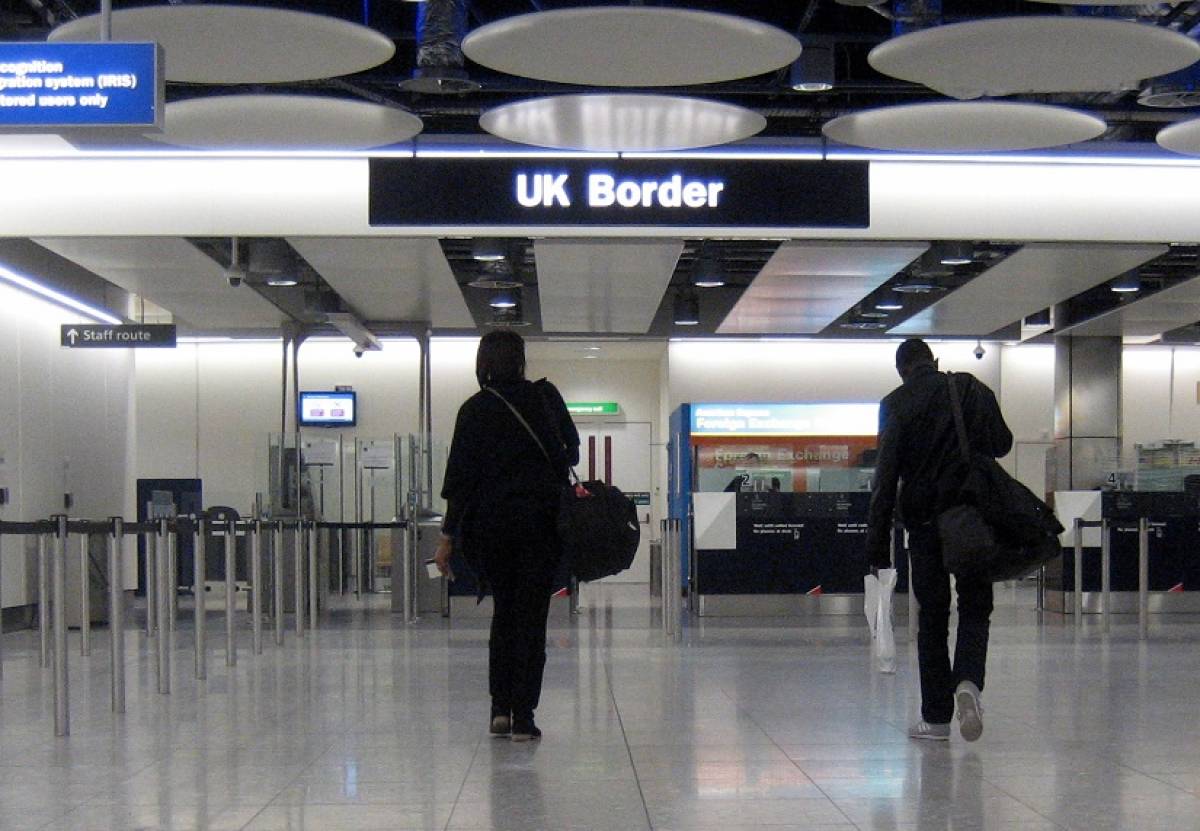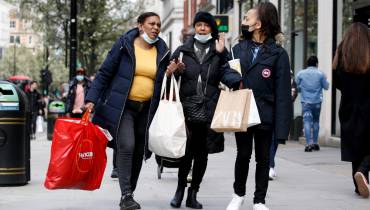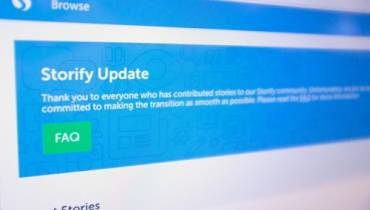Dangers of Nationality and Borders Bill: UK Govt’s New Plan for Immigration

The ever-growing crises that are displacing migrants from their homes are dominating the headlines in the world of immigration. The act of seeking refuge has been turned into the political zeitgeist of our time by governments who either wish to support those in need or decide to shut the gate to keep them out.
However, for countries such as the UK, it is arguable that we have a duty to support individuals seeking asylum—simply for the reason that we have the capacity and resources to do so. But, with the ongoing discussions of the Home Secretary Priti Patel’s proposed Nationality and Borders Bill, it appears that the UK is choosing to not follow through with this duty.
Patel’s bill, which was due to undergo its second reading in the House of Commons on the 19th and 20th July 2021, has been claimed to be the key to fixing what has been described as the ‘broken’ immigration system of the UK. It is already known that the current UK approach to immigration has been consistently hostile for near to a decade now, so why would Patel think adding cruel fuel to the already raging fire would be helpful?
The main features of the bill the power to send individuals seeking asylum to overseas territories for processing and an extension of Patel’s signature camp-style accommodation that was controversially introduced in 2020. This is compounded by the lengthening of prison sentences for entry to the UK that is deemed as ‘illegal’ and a clause that redefines the offence of ‘facilitating’ illegal immigration.
This clause has most likely been introduced to help curb the increase in ‘illegal’ Channel crossings that have dominated headlines and debate for the past several years. However, the clause is so vague, that legal experts have pointed out that even the Royal National Lifeboat Institution could be criminalized for saving the lives of Channel crossers who face situations of drowning.
Colin Yeo of Free Movement speaking on the Bill, has said that of the new legislation introduced, the majority of it will be “bad for refugees and the public purse.” He also believes that there “is some genuine nastiness included” and that “the Bill will only worsen the problems with the United Kingdom’s current asylum system.” These thoughts were mirrored by Caroline Lucas MP, of the Green Party, as she stated, “it is a mean-spirited, inhumane and possibly illegal response which will criminalize many seeking sanctuary and play into the hands of people traffickers.”
As the UNCHR, the UN’s refugee agency, have argued, the bill “risks breaching commitments under the Refuge Convention that clearly protects the universal right to seek asylum.” However, the government and Home Office has denied such claims, stating that the bill is motivated by humanitarian principles.
Priti Patel has yet to distinctly lay out exactly how and where humanitarian principles apply to the bill, meanwhile experts have explained thoroughly that bill is most likely going to put some of the world’s most vulnerable people in extremely dangerous situations.
One specific anxiety surrounding the bill, touched on by Caroline Lucas MP, is that of the risk to human trafficking for migrants. It is believed that due to the bill’s ignorance of the lived realities of those seeking asylum, it has misunderstood exactly how migrants become exposed to trafficking risks.
In most situations, due to hostile immigration systems, individuals in need of asylum are forced to try and take unviable routes to reach their desired destination, such as dinghies or lorries across borders and Channels. It is in these dangerous situations that migrants are exploited.
With Patel’s bill, taking these routes would result in criminalization, pigeon-holing migrants into new, unviable routes that would often be linked to or set up by human traffickers. Therefore, the proposed aim of the bill is immediately subverted, and it acts as a catalyst for increases in the issues it is trying to fix.
Patricia Durr, CEO of ECPAT UK, has highlighted how the bill will also negatively impact on the protection and safeguarding of children. She has stated that, “it will fail to protect those in need of safety, including unaccompanied children who will be at significant risk of dangerous journeys, exploitation and harm.”
The bill could also lead to delays in children receiving support from the immigration system and forcing children to disclose trauma as a means of proving their asylum claims. Durr argues that “children must be treated as children first and foremost and our concern with this bill is that it seeks to erode hard fought for rights and protections and leaves some of the most vulnerable children at the greatest risk and holds us to a different standard of care and protection for them.”
Whilst the asylum system certainly needs fixing, the cruel nature of Priti Patel is not the medicine that it so desperately needs. With it being found that 33,000 people in the UK immigration system were waiting over a year for an initial asylum claim in 2020, it is clear that reform needs to focus on improving how the system runs not trying to reduce the numbers of those entering it.
The bill is a clear example of creating a new problem to avoid having to address an old one. Going forward, it is imperative for the safety of migrants entering the UK that legislation is put in place that supports entry to the UK and places migrants onto necessary immigration pathways such as indefinite leave to remain and eventually citizenship.
The Nationality and Borders Bill must be stopped from being enshrined in law, and campaigning for the rights of migrants must continue to pressure ministers to reject the plans it proposes.















![7 Inspirational Quotes to Uplift You [INFOGRAPHIC] young-woman-inspired-notes-smile-inspiration-quote](/sites/default/files/styles/video_thumbnail_bottom/public/young-woman-notes-smile-inspiration-quotes.jpeg?itok=DqYtOSE1)




